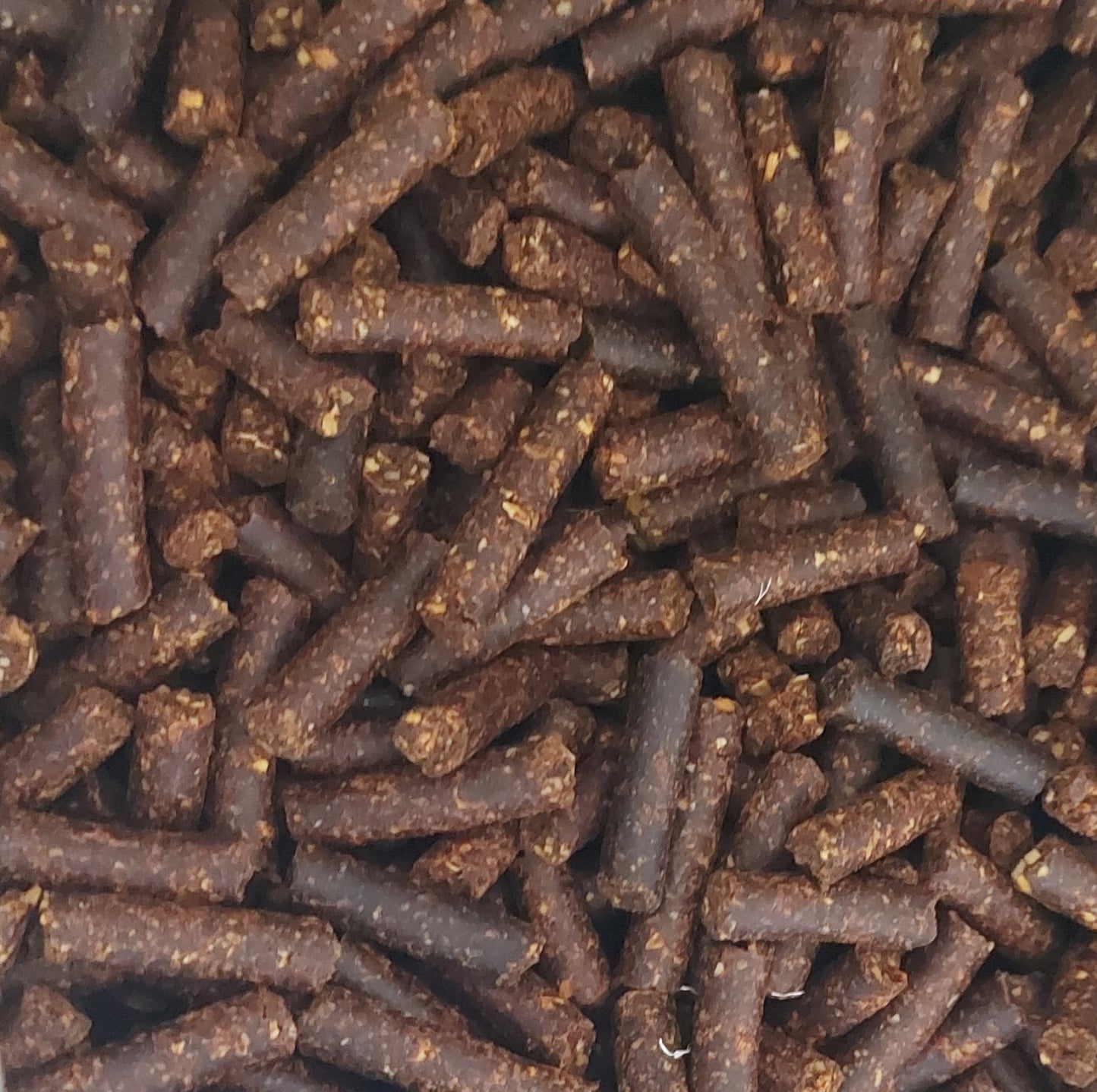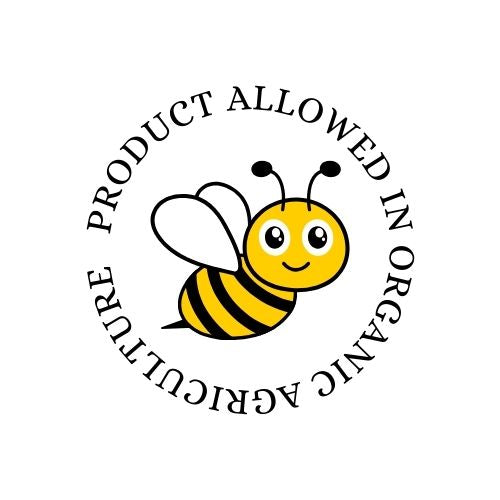Neem oil can be used to protect rapeseed from pests such as aphids. Neem oil is a natural insecticide that contains azadirachtin, a natural compound that acts as an insect repellent and can also cause the death of insects, including aphids.

To use neem oil against aphids on rapeseed, early application during the plant's early growth stages is recommended to prevent aphid infestations. The dosage can vary based on factors such as the level of mite infestation and the size of the area to be treated.
In general, the recommended concentration of neem oil for use in crops is 0.5% to 2%. This means that 5 to 20 ml of neem oil should be mixed with every liter of water or another suitable dispersing agent.
Neem oil has several properties that make it effective in combating various diseases and pests in canola cultivation. Some issues that can be treated with neem oil include:
- Powdery Mildew: This is a fungal disease that appears as a white powder on leaves and stems. The use of neem oil can help prevent the spread of powdery mildew in canola.
- Gray Mold: This is a fungal disease that can cause stem and flower rot and reduce yield. The use of neem oil can help prevent the spread of gray mold.
- Black Rot: Another fungal disease that can cause stem and fruit rot and reduce yield. Neem oil can help prevent the spread of black rot.
- Pests: Neem oil can also be effective against various pests attacking canola, including caterpillars, aphids, flies, and aphid-like insects.
It's important to note that neem oil should not be used in excessively high concentrations as it can damage plants. The dosage of neem oil for canola should be in accordance with the manufacturer's instructions, and application is usually done by spraying the entire plant, especially the undersides of leaves. Additionally, it's important to ensure that neem oil is applied at the right timing according to the plant's growth and development stage to achieve the maximum effect.









